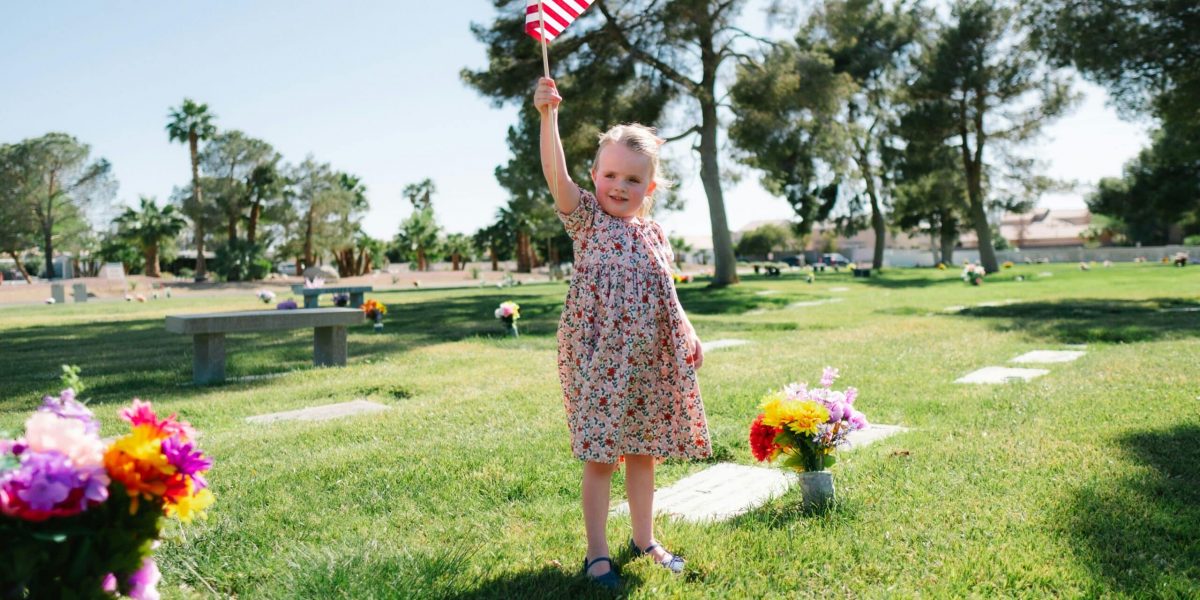Memorial Day, observed on the last Monday in May, holds special significance for many American families. What began as a day to honor fallen soldiers has evolved into a holiday where patriotism, remembrance, and family traditions blend seamlessly. So, how do American families celebrate Memorial Day, and what makes this holiday unique in its spirit?
Why Is Memorial Day Important to American Families?
Memorial Day is a time to remember the men and women who gave their lives in service to the country. For many American families, it’s a day of reflection, where visiting cemeteries and attending memorial services are common ways to pay respect. While the holiday weekend is often associated with the start of summer, its roots in honoring fallen soldiers keep its meaning alive.
Families often visit national cemeteries like Arlington National Cemetery, where rows of white headstones serve as a reminder of the ultimate sacrifice many have made. The tradition of placing American flags on graves is an act of respect, carried out by local communities and military groups alike. Veteran organizations also host parades and ceremonies, helping the next generation understand the significance of the day.
In some regions, Memorial Day parades are the highlight of the day. These parades feature military personnel, veterans, local school bands, and floats that represent various community organizations. For families, attending a parade is an opportunity to connect with the spirit of the day while sharing moments of patriotism and remembrance with their children.
How Do Families Incorporate Memorial Day Traditions Into Celebrations?
Many American families have their own ways of incorporating Memorial Day traditions. For some, the day begins with moments of reflection, followed by activities that celebrate freedom and togetherness. Backyard barbecues are a staple for many families, symbolizing the unofficial start of summer. While the day is rooted in remembrance, it is also a time for family gatherings, where children and adults come together to share meals, play games, and enjoy the outdoors.
One tradition that has become increasingly popular is the National Moment of Remembrance, where Americans pause for one minute at 3 p.m. to honor those who died in service. This simple yet powerful act allows families to take a break from their festivities and reflect on the true meaning of the day. Whether at a park, beach, or backyard, the moment of silence is a collective nod to the sacrifices made by the military.
Families often take advantage of the long weekend by engaging in outdoor activities such as camping, hiking, or simply enjoying a day at the beach. Memorial Day weekend serves as a symbolic opening of summer for many, making it a popular time for travel. National parks and lakeside cabins are bustling with families eager to spend time in nature, yet many still make room for a quiet moment of reflection.
A newer tradition that has emerged in recent years is the Memorial Day Murph Challenge, a fitness workout held to honor fallen soldiers. While the challenge is rigorous—consisting of running, pull-ups, push-ups, and squats—it’s a meaningful way for families who enjoy fitness to participate in a tribute while spending time together. Many gyms across the country host events where participants of all skill levels can join in honoring the military.
What Role Does Food Play in Memorial Day Celebrations?
Food is central to Memorial Day celebrations, as it brings families together in a way that is both comforting and festive. Barbecues, in particular, are a hallmark of the holiday weekend. Grills are fired up for hamburgers, hot dogs, and ribs, while families gather around picnic tables filled with side dishes like potato salad, coleslaw, and corn on the cob. The simplicity of these meals emphasizes the importance of community and togetherness.
In many households, Memorial Day meals also include dishes that pay homage to regional or cultural traditions. For instance, Southern families may serve up smoked brisket or pulled pork, while others might enjoy seafood, such as grilled shrimp or fish tacos. The casual nature of the food reflects the relaxed atmosphere of the day, where conversation and shared memories take center stage.
Desserts are also a memorable part of the celebration. Many families choose to serve patriotic-themed sweets, such as red, white, and blue cakes or berry-filled pies. These treats not only add a festive flair but also reflect the day’s deeper meaning—honoring the country’s history and those who fought to protect it.
In addition to the familiar backyard barbecue, some families host potlucks or picnics at local parks, where everyone brings a dish to share. This collaborative style of dining emphasizes community bonds, making Memorial Day a day for both remembrance and joyful celebration.
Memorial Day holds a special place in the hearts of many American families. While it’s a day to honor fallen soldiers, it’s also a time for families to come together, reflect on the sacrifices made by others, and celebrate the freedom they enjoy. Whether through moments of remembrance, backyard barbecues, or community parades, the spirit of Memorial Day is alive and well across the country.
As families continue to blend traditional practices with modern celebrations, Memorial Day remains a meaningful holiday that brings people together to appreciate the past while embracing the present. Whether paying respects at a cemetery or sharing a meal with loved ones, American families ensure that Memorial Day’s significance endures.








